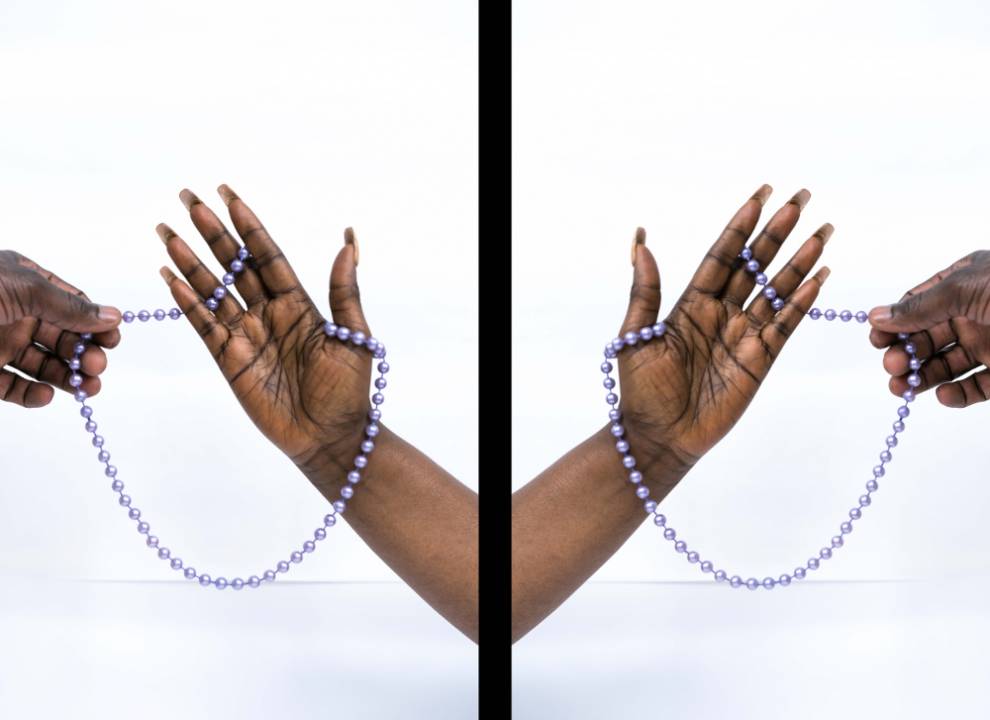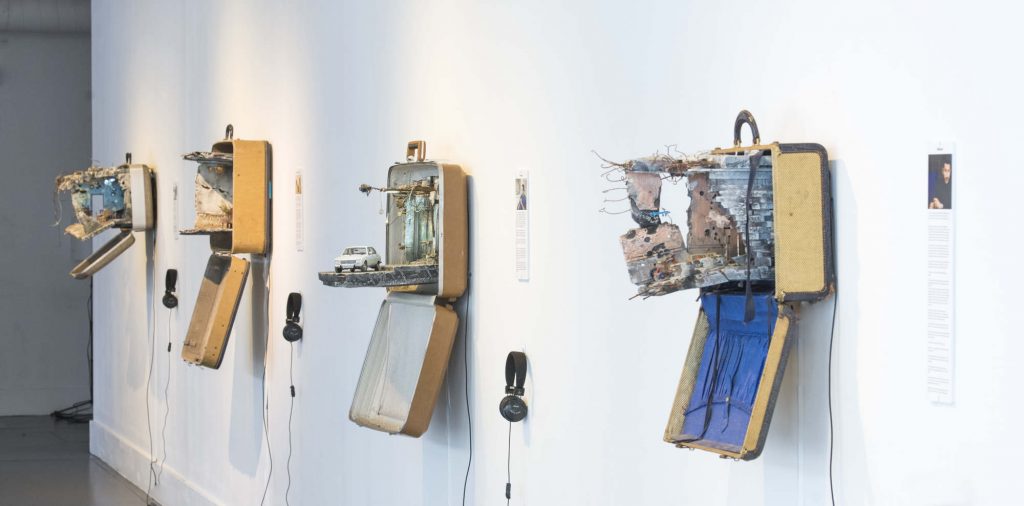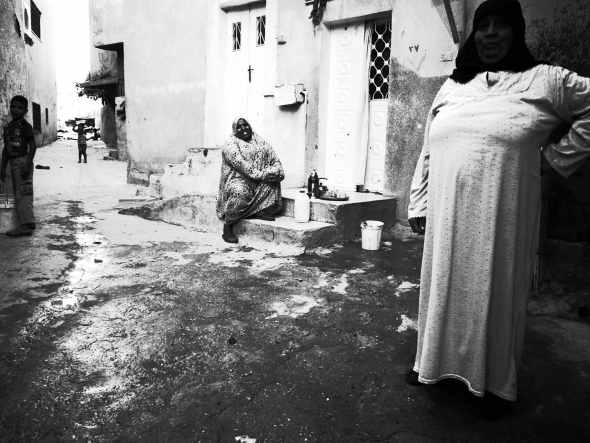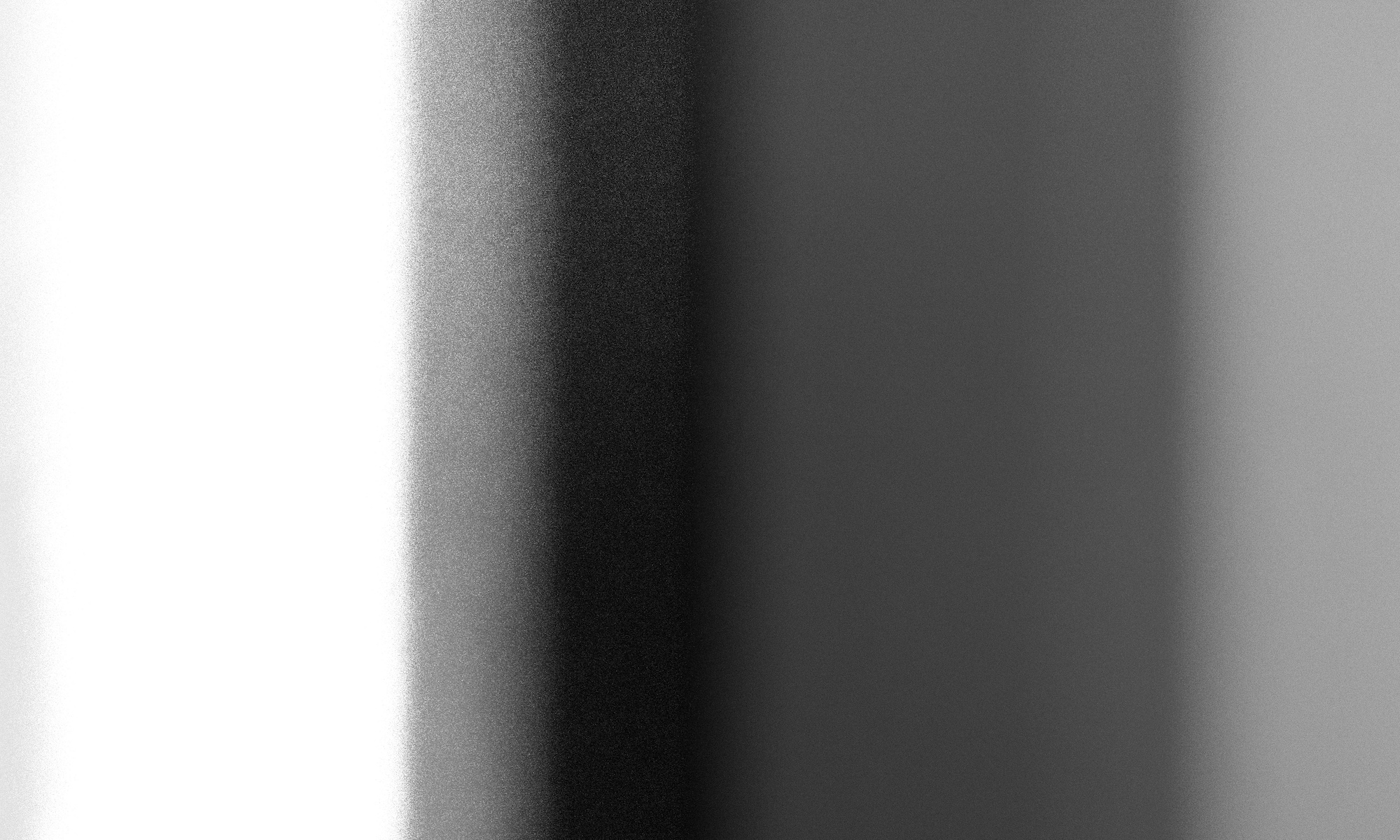UCL Institute of Advanced Studies Common Ground, 14th March 2019.
The ‘Moving Objects’ symposium was held to launch the ‘Moving Objects: Stories of Displacement’ exhibition at the UCL Octagon space. The exhibition explores people, animals and objects in exile, in the UK and the Middle East. It includes photographic work by migrants in London created through a series of workshops held by the Helen Bamber Foundation. This work explores the ambiguity of objects as they move through everyday and museum settings. The work examines both exiled and migrated objects and the capacity of objects to move us.

The symposium explored issues raised by a number of inter-disciplinary projects carrying out research on objects, migration, heritage and well-being. The ‘History, archives and displacement’ panel explored the role of writing and the arts, including photography, in creating critical spaces and different ways of seeing, feeling, hearing, understanding and being with individuals and communities affected by displacement (see, for instance, the Refugee Hosts project). Heritage objects (the real and the wished for) play a key role in the empowerment of communities. Archives need to be dynamic, allowing reflexive questioning and capable of projecting into the future, including wishful futures. The archive must ‘have wings’ not be a cemetery, or sink into the past; objects should facilitate comment and desire their own redundancy (Leila Samsur talking about Open Bethlehem ). See, for instance, the Unpacked: Refugee Baggage series by Mohammed Hafez.

And, as Derrida (1995) observes, we have to closely scrutinise what enters the archive and what does not. For my own work, care has to be taken not to create something that is reductionist and backward looking. The idea of a portable archive is one avenue to explore.
The Photography and Displacement panel included a presentation by Alejandra Carles-Tolra on the Helen Bamber Photography Group workshop, which includes handling and discussion of objects from the UCL collections (the objects providing a focus for discussion, fun and conversation). The images made by the group members are shared and discussed through WhatsApp and shared Google folders.

Samar Maqusi presented her research on the spatial politics of the Palestine refugee camps, and the role played by installations and photographic work in the research. Spending time in the place was important (it is a pre-cursor of image making and can be ‘seen’ in the frame; she raises the question of whether powerful personal stories can be told without being in the frame), and the camera was viewed as a mechanical bodily enhancement. Time (excess including waiting time: what does waiting do to hope?) and space (limitations) are intertwined in the camps. The presentations reinforced the importance of spending time with people to understand their context, their relationship to time and their relationship to space and place.
References
Derrida, J. 1995. ‘Archive Fever: A Freudian Impression’. Diacritics, 25 (2): 9-63
